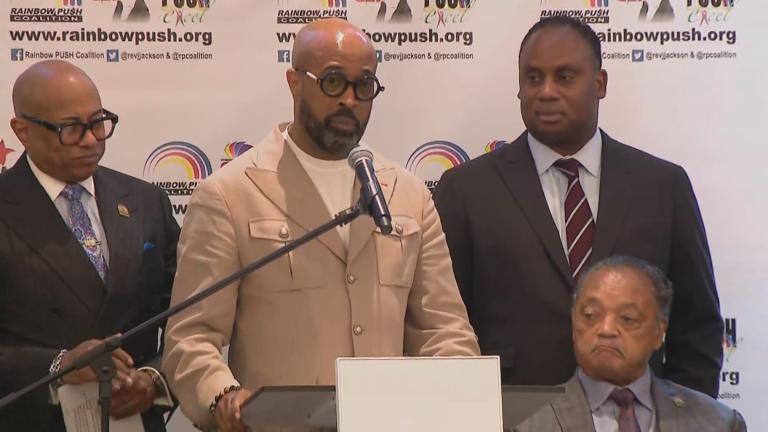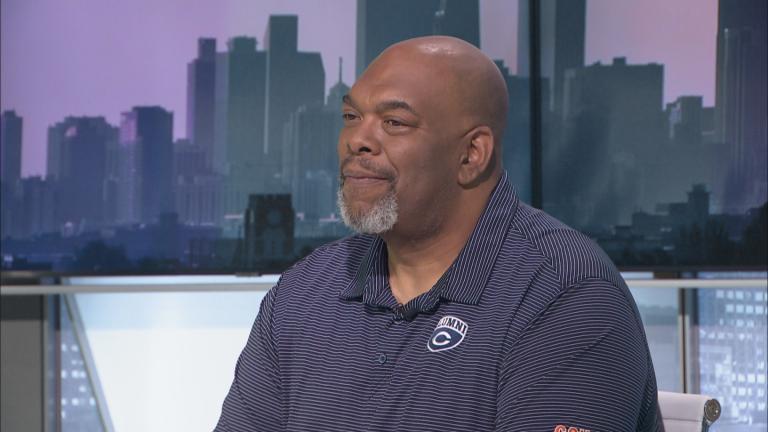Aspiring cannabis entrepreneurs, get your keyboard fingers ready — it is almost time to apply for a license. The Illinois Department of Financial and Professional Regulation announced the latest timeline and application process for obtaining a cannabis dispensary license. The office said it made some adjustments since the last round, with a goal of improving its social equity candidate reach.
Erin Johnson, cannabis regulation oversight officer with the department, outlined the changes made in response to feedback from the first round.
“This round of applications for instance, will be online,” Johnson said. “The application period starts Jan. 30 but runs until March 3. So folks have a little bit more time to apply if they wish to. The applications are a little bit more bare bones than they were at the last round. So we really just need name of your business, primary ownership — those sorts of things. Most importantly, the fee has gone down to $250, as opposed to the $2,500 that it was in the last round.”
Akele Parnell, who received a social equity license for his dispensary UMI Farms in 2021, said he “loves” the changes the office has made.
“They make a lot of sense,” Parnell said. “Cutting out a lot of the upfront paperwork that really just made money for consultants and attorneys and accountants and folks that aren't social equity, won't be running the business, so nothing like that, is more accessible. It also avoids some of the issues that give rise to litigation in other states … . I think the big challenge for the state is still working out support funding and things like that.”
Parnell said he hopes he’ll be able to open a Lincoln Park dispensary by this summer, but he’s still working through permit and zoning processes.
“We're still raising capital, but right now I think our biggest challenges are on the dispensary side, getting through zoning,” Parnell said. “We just got one of two zoning approvals that we need from the Chicago City Council this past week, and then we'll be going in front of the zoning board of appeals later in the spring and then also we're waiting on our final construction permit for our cultivation facility.”
Ambrose Jackson, CEO of The 1937 Group, reported a setback this week in his company’s progress: The city of Danville denied its permit to operate there, citing oversaturation concerns.
“Although the city of Danville was aware and the mayor was aware through various communications over the last three years that we have been awarded a license for that BLS region, and I've worked with [the mayor] to identify a location, which he believed that the city would approve, when coming up in front of the City Council earlier this week for a vote, they did deny it to issue us our special use permit,” Jackson said. “And so, you know, at a time when we worked so long and so hard at gaining access to only have the setback is, is very frustrating.”
Jackson said he understands the creation of an entirely new industry comes with complexities, but he hopes the state can figure out solutions to those problems.
“I know that that the local municipalities need to have some sort of say in what goes on in their areas,” Jackson said. “What could the state have done differently? In this case, I'm not sure. The licenses were awarded based off populations and [U.S. Bureau of Labor Statistics] regions and you know, certain cities and areas don't want dispensaries or cultivation centers in those areas. It just creates an additional layer of complexity from people who win those licenses.”
Johnson said that while the state is limited in how it can mitigate situations like Jackson’s, her office is ready to step in with advice and advocacy.
“We’re more than willing to help facilitate conversations or anything that needs to happen with local governments,” Johnson said. “Obviously we don't control what they do, but we can certainly have those discussions to make those growing pains a little bit easier.”
Jackson’s company is launching a cannabis incubator program, which he hopes will offer to others some of the support he needed when he entered the industry.
“Being part of the cohort of applicants that really started this process in 2018 and have yet to open our doors and make any money within this industry,” Jackson said, “we understand that this new and improved process that they're rolling out has many benefits for applicants. However, once you receive a license, there's a lot of support and resources that we find social equity applicants license winners don't have and that they need and they can really benefit from. And so for us having gone through these processes of drawing up construction documents and going through the permitting process and going through special use permitting and raising money — having gone through so many of these steps successfully — we feel like it's our job really to try and step up and help.”








